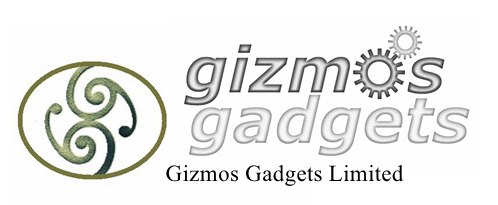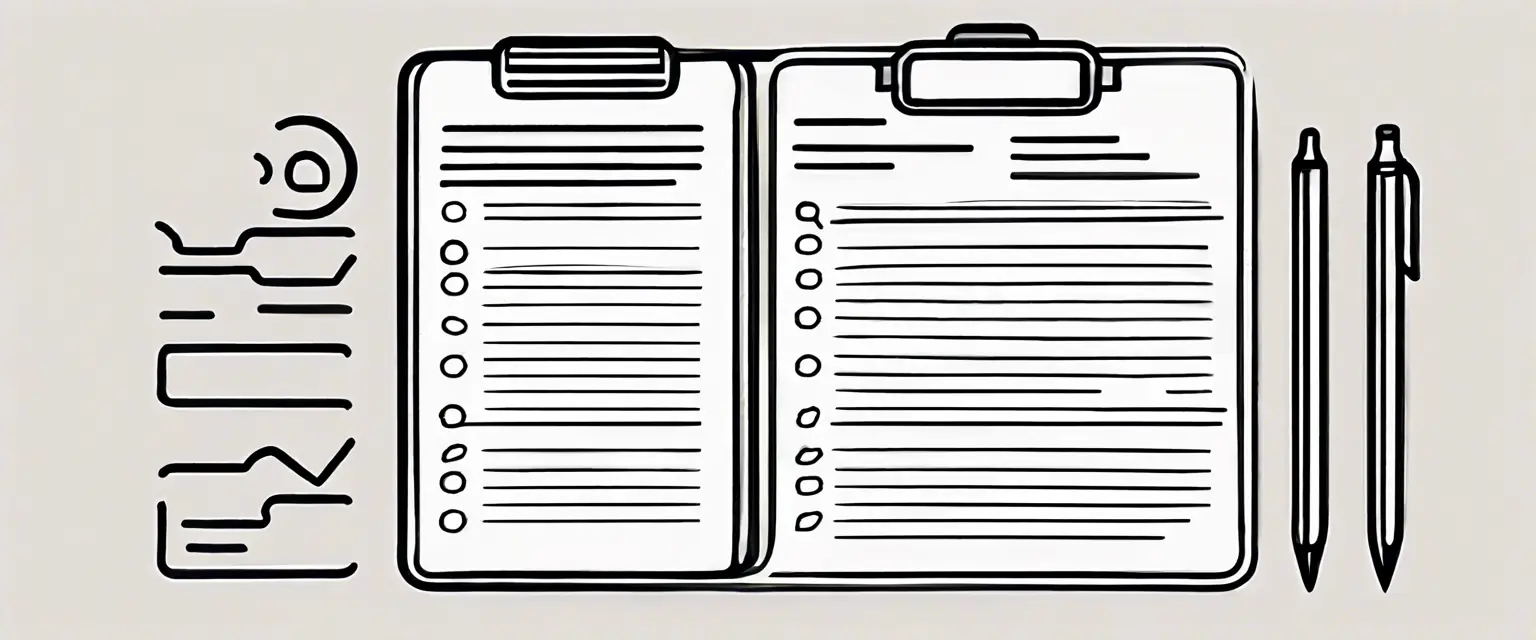The translation industry has undergone significant changes in recent years, largely due to advancements in technology. Tools such as translation memory software and machine translation have revolutionized the way translators work. These technologies can enhance efficiency and consistency, allowing translators to focus on more complex tasks that require human expertise. However, it is essential to remember that technology should complement, not replace, the human touch in translation.
While machine translation can provide quick results, it often lacks the nuance and cultural understanding that a professional translator brings to the table. Human translators are still needed to review and refine machine-generated translations, ensuring that the final product meets the highest standards of quality. As technology continues to evolve, the collaboration between human translators and technology will shape the future of the industry.
In conclusion, technology plays a crucial role in modern translation services, offering tools that enhance productivity and accuracy. However, the importance of human expertise cannot be overlooked. By leveraging technology while maintaining a focus on quality, translation services can continue to thrive in an increasingly digital world.




